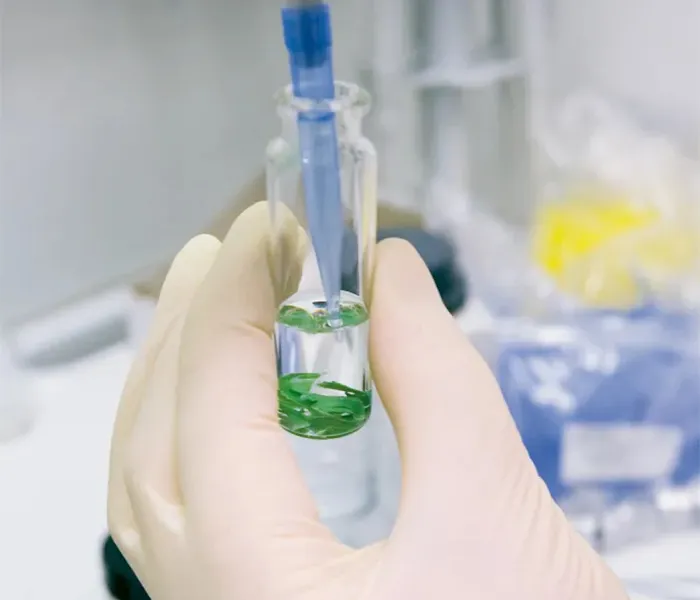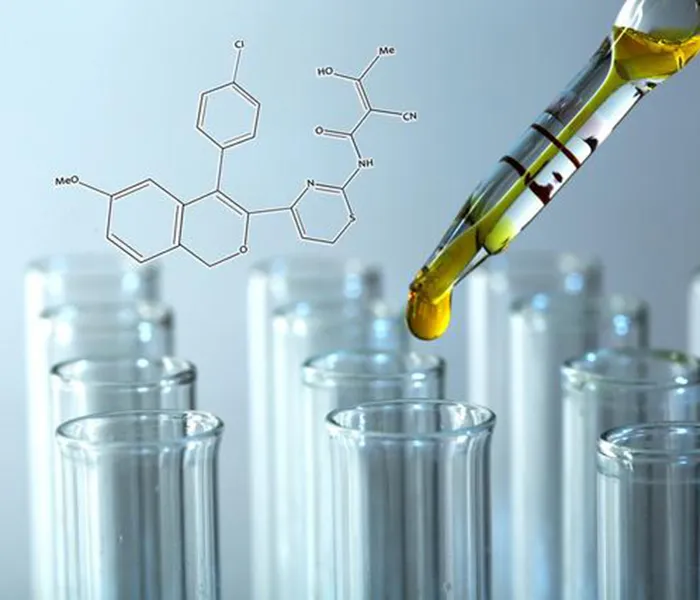1. Funktionen
BIS [3-(Triethoxysilyl)propyl]disulfid (auch bekannt als GPS) und hydriertes Silikonöl sind beides vielseitige Materialien mit einem breiten Anwendungsspektrum. BIS [3-(Triethoxysilyl)propyl]disulfid wird hauptsächlich als Kupplungsmittel verwendet, während hydriertes Silikonöl als Weichmacher, Schmiermittel und Tensid dient.
2. Chemische Struktur
Chemisch gesehen ist BIS [3-(Triethoxysilyl)propyl]disulfid eine Organosilanverbindung mit zwei Disulfidbindungen, während hydriertes Silikonöl eine Art Silikonpolymer mit linearer oder verzweigter Struktur ist.
3. Physikalische Eigenschaften
BIS [3-(Triethoxysilyl)propyl]disulfid ist eine farblose bis hellgelbe Flüssigkeit mit stechendem Geruch, während hydriertes Silikonöl eine farblose, geruchlose und geschmacklose Flüssigkeit ist. Klicken Sie hier, um ein Angebot für Organosilane zu erhalten
4. Löslichkeit
BIS [3-(Triethoxysilyl)propyl]disulfid ist in organischen Lösungsmitteln löslich, während hydriertes Silikonöl in Wasser unlöslich, aber in organischen Lösungsmitteln und Flüssigkeiten auf Silikonbasis löslich ist.
5. Reaktivität
BIS-[3-(Triethoxysilyl)propyl]disulfid reagiert stark mit Hydroxylgruppen, während hydriertes Silikonöl relativ inert und nicht reaktiv ist.
6. Bewerbungen
BIS-[3-(Triethoxysilyl)propyl]disulfid wird häufig als Haftvermittler in Verbundwerkstoffen, Klebstoffen und Beschichtungen verwendet, während hydriertes Silikonöl häufig in Körperpflegeprodukten, Schmiermitteln und industriellen Anwendungen eingesetzt wird.
7. Toxizität
BIS [3-(Triethoxysilyl)propyl]disulfid wird als hautreizend eingestuft und kann allergische Reaktionen hervorrufen; hydriertes Silikonöl gilt im Allgemeinen als ungiftig und nicht reizend.
8. Vorschriften
Die Verwendung von BIS [3-(Triethoxysilyl)propyl]disulfid wird von verschiedenen Behörden weltweit reguliert, während für hydriertes Silikonöl weniger regulatorische Beschränkungen gelten.
9. Kosten
BIS [3-(Triethoxysilyl)propyl]disulfid ist aufgrund seiner einzigartigen chemischen Eigenschaften und höheren Reaktivität normalerweise teurer als hydriertes Silikonöl.
10. Umweltauswirkungen
BIS [3-(Triethoxysilyl)propyl]disulfid ist nicht leicht biologisch abbaubar, während hydriertes Silikonöl umweltfreundlicher ist und biologisch abbaubar ist.





